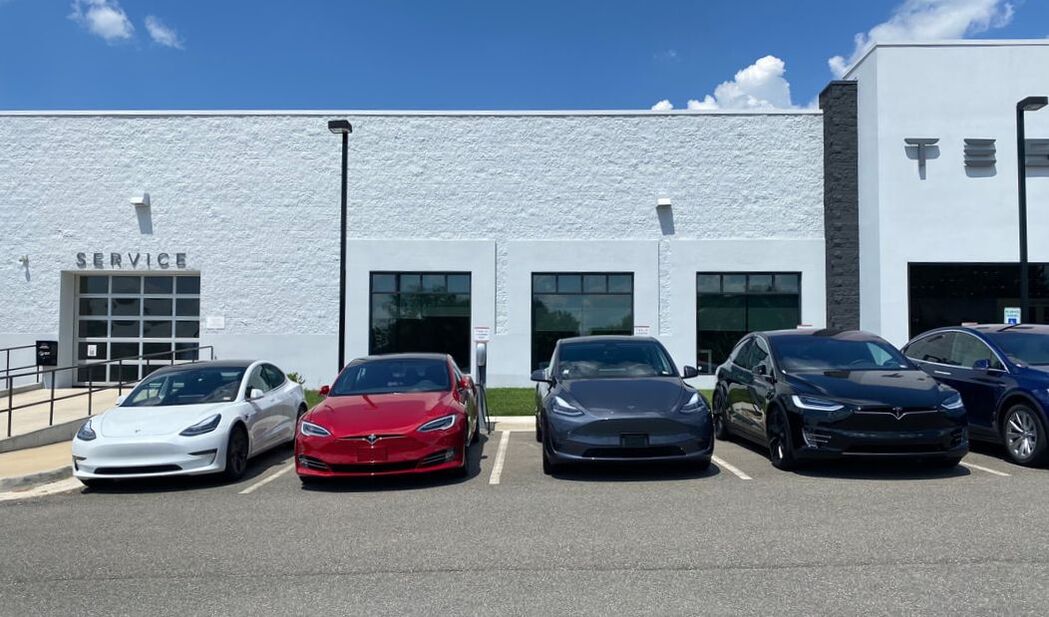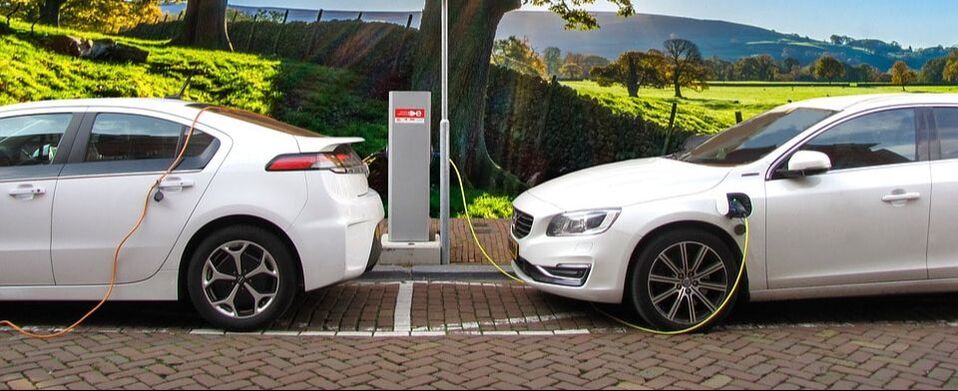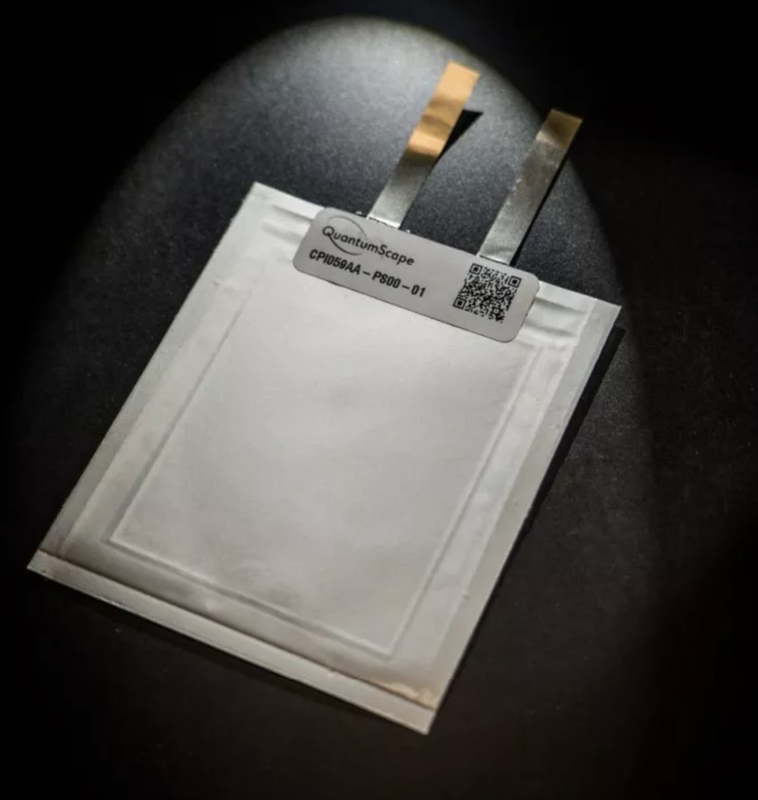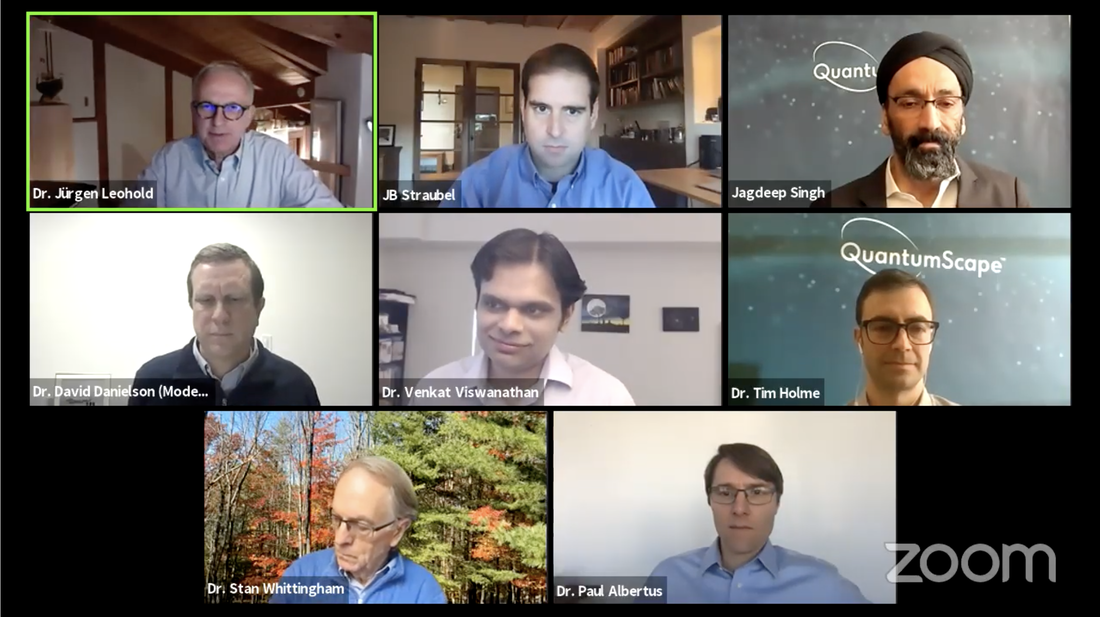|
It's the end of the year again and there is a familiar fervor of gossip surrounding Tesla regarding if they'll hit their delivery numbers, or fall short. And while anybody who considers what this year has been like wouldn't fault Tesla for missing the projections they set forth, recent news would suggest that as of the time of writing this that Tesla has accomplished the seemingly impossible. A few days ago, in an email obtained by Electrek , Tesla CEO Elon Musk told employees that the automaker could still achieve their goal of 500,000 vehicle deliveries in 2020 but would need to 'go all out' to do so. In the email, Musk says that the goal is still achievable and encourages employees to push to the end and prove those that would doubt Tesla wrong.
This is exactly the type of email that we've come to expect at the end of each quarter and there isn't anything within it that really stands out. As a CEO of a highly visible company, what you say and how you say it can have a lot of meaning. In this case, the email gives the impression that everything is going according to plan and production and deliveries are on schedule. Maybe, it's more about what isn't said that is so illuminating. It doesn't sound like there are any fires to put out or that Tesla is having any issues at all. But here's the thing... Tesla likely hit the "impossible" number of deliveries (or very close to it) when he sent this email. The reasoning behind that is speculative, but consider that Musk must have known before sending the email that it would be leaked. All of his end of quarter emails get leaked so why would this be any different? His word choice is very specific... "500,000 cars built and delivered." If he had any question about Tesla hitting the 500,000 deliveries number, he likely would have focused more on the production of vehicles, and left the word "delivered" out of it entirely. Additionally, he very specifically targeted Tesla haters by calling them out. Would he do this if there was ANY chance that Tesla wouldn't achieve this goal? It would be highly embarrassing to call out your critics and then miss the goal, proving them right. So yes, this is highly speculative, but it would be shocking after reading this email from Elon Musk if Tesla didn't smash through that 500,000 vehicles built and delivered. What do you think? Have they hit it already? Or will they fall short? Let us know in the comment section below. The automotive world better be prepared to get rocked. 2020 has been the best year ever for electric vehicles but still we have yet to see a significant impact to the automotive industry. Electric vehicle sales surged to almost 5% of global new vehicles by the end of September (Q4 numbers have yet to be released), which is quite the achievement over previous years. But still, only 1 out of every 5 vehicles sold having a plug is not good enough, and it certainly isn't what could be called a significant impact on the industry as a whole. It hasn't been a breakout year. Well, that's about to change and 2021 is the year for it to happen. Legacy automakers and EV startups alike are making a big push for 2021 with a number of new models being released and existing production ramping up to new heights. Whether you're looking for the most powerful production car ever, the most efficient production car ever, the quickest production car ever... (you see where I'm going here), it'll be available in 2021. The year will also see the first EV Pickup Trucks rolling off the production lines, something for which many people have been patiently waiting. Alex Guberman, of the E for Electric YouTube channel, put together quite a comprehensive list of all the expected new comers that will be available in the US next year:
What do you think? Did he miss anything? Which EVs are you most excited about? Let us know your thoughts in the comments below. By: Zack Hurst In a virtual presentation earlier today, QuantumScape revealed that their solid-state lithium batteries will charge faster, last longer, and hold more power than conventional Lithium-Ion batteries used in today’s electric vehicles. Commercially viable solid-state batteries have been eluding the battery industry for more than 40 years, and presently there are no examples of electric vehicles that use solid-state batteries. But QuantumScape’s batteries could change that. Jagdeep Singh, CEO and co-founder of QuantumScape, publicly revealed testing results and data for the company’s solid-state battery. Singh claimed that the main challenges that have limited solid-state batteries in the past, such as shortened battery life, slow charging rates, and limited thermal operational ranges, have been solved. According to QuantumScape’s data, they have developed a solid-state battery that is capable of charging 80 percent in less than 15 minutes, retains 80 percent of its capacity after many hundreds of charging and discharging cycles, and has a volumetric energy density of more than 1,000 wH/liter at the cell level. To put that last number in perspective, even the best batteries today don’t even achieve half of that energy density. Their solid-state lithium-metal batteries differ from conventional cells in a couple of significant ways. In these cells, there are only two main layers: the cathode with an electrical contact, and a solid-state ceramic separator. Where conventional cells have an anode, there is now just an electrical contact. The cell is manufactured without an anode. During charging, lithium ions move from the cathode through the ceramic separator and are deposited between the separator and the electrical contact forming an anode of pure metallic lithium. This lithium-metal anode allows the energy of the solid-state battery stored in a smaller volume (when compared to conventional cells) providing a higher energy density. By eliminating the conventional anode which is usually made of a carbon base, these solid-state batteries significantly increase volumetric and gravimetric density. QuantumScape has even garnered praise from Stan Whittingham, the co-inventer of the lithium-ion battery. In a panel discussion after the presentation he said, “The hardest part about making a working solid-state battery is the need to simultaneously meet the requirements of high energy density, fast charge, long cycle life, and wide temperature-range operation. This data shows QuantumScape’s cells meet all of these requirements, something that has never before been reported. If QuantumScape can get this technology into mass production, it holds the potential to transform the industry.” Other members of the panel included: Dr. Jürgen Leohold (former Head of Worldwide Research, Volkswagen Group), JB Straubel (Co-founder and former CTO of Tesla, member of QuantumScape's Board of Directors, CEO of Redwood Materials), Jagdeep Singh (CEO of QuantumScape), Dr. David Danielson (Managing Director of Breakthrough Energy Ventures), Dr. Venkat Viswanathan (Associate Professor at Carnegie Mellon University), Dr. Tim Holme (Co-Founder and CTO of QuantumScape), and Dr. Paul Alburtus (Associate Director of the Maryland Energy Innovation Institute). The team of scientists at QuantumScape have been working tirelessly for nearly a decade to create what is likely to be the new generation of batteries used in mass-market electric vehicles. And as Mr. Whittingham said, if they can get this technology into mass production, it will transform the industry. While there is certainly a long way to go to get there, Jagdeep Singh said that they hope to have production of these cells up and running in 2024. The full presentation can be watched here: More information about QuantumScape can be found on their website.
It's not often that we find ourselves outright giddy when hearing about a new product. However, after speaking recently with the folks over at simpleSwitch we found that we couldn't hold back our excitement.
|
Details
Categories
All
Archives
June 2024
|
- Home
-
Learn.
-
EV 101
>
- EV Terminology
- What is an EV?
- Pros and Cons
- EV Types
- Are used EVs a good option?
- How much range do you really need?
- Real world range
- Types of charging and charging stations
- How Long Does It Take To Charge
- EV Charging Apps
- All about EV Batteries
- Regenerative Braking
- BEV System Components
- EV Maintenance
- EV Mythbusting >
- Podcast
- Newsletter
- Magazine
- Articles >
- Vehicle Reviews
- Alternative Fueling Station Locator
-
EV 101
>
- Connect.
- Experience.
- Deals
- Shop
- About Us









